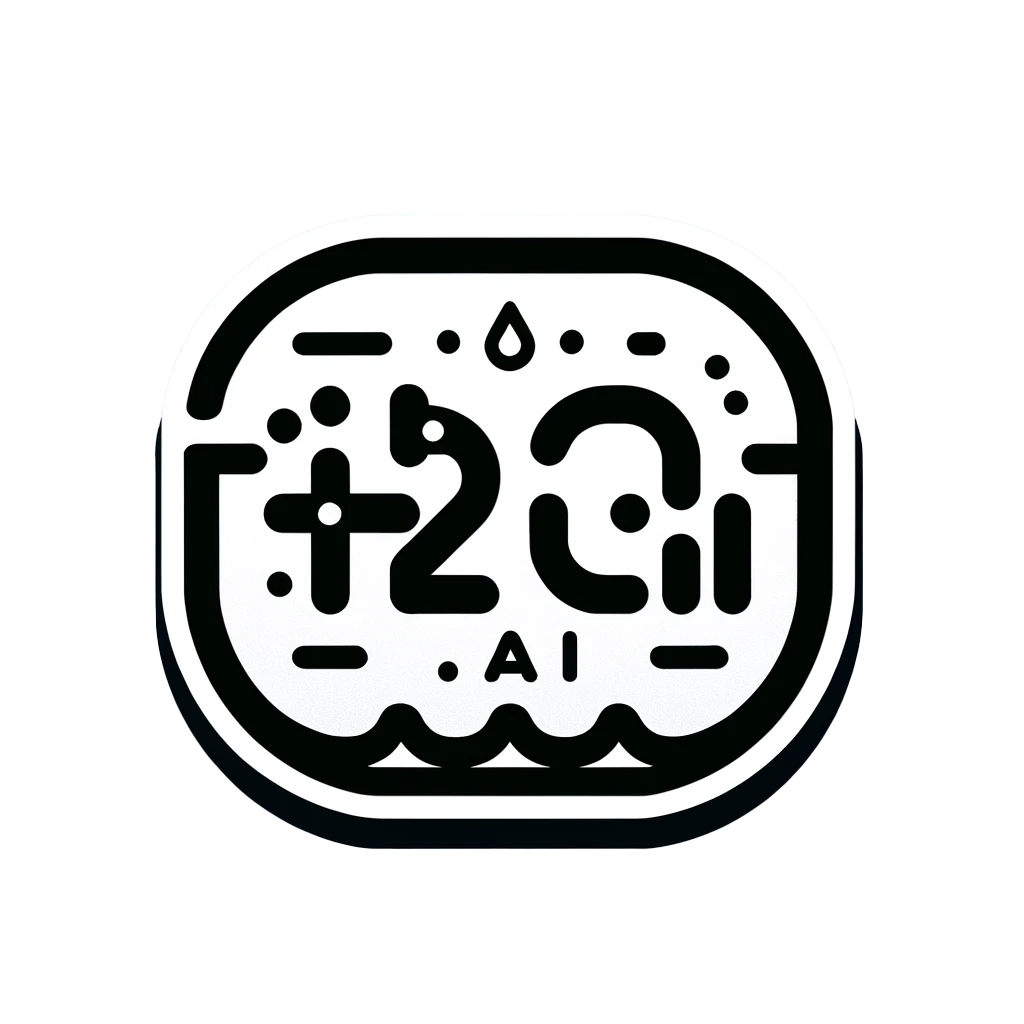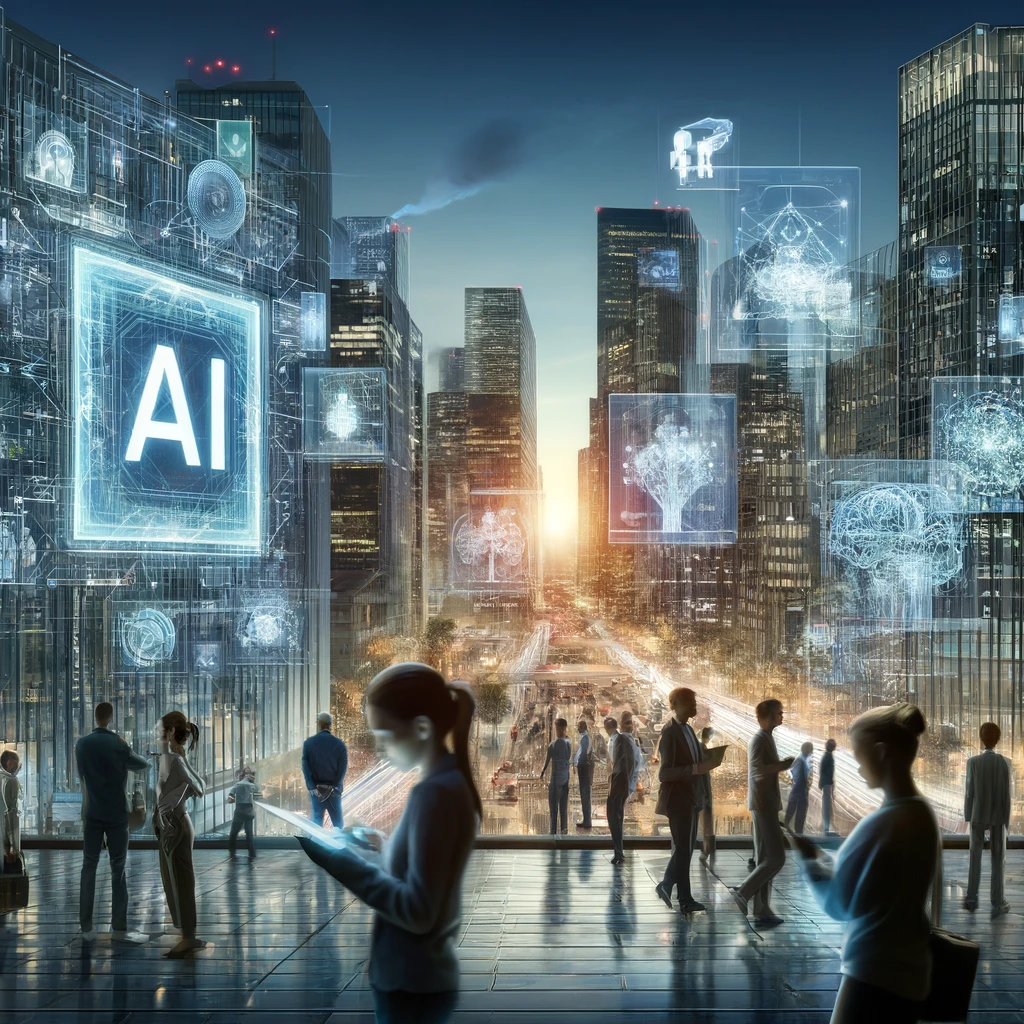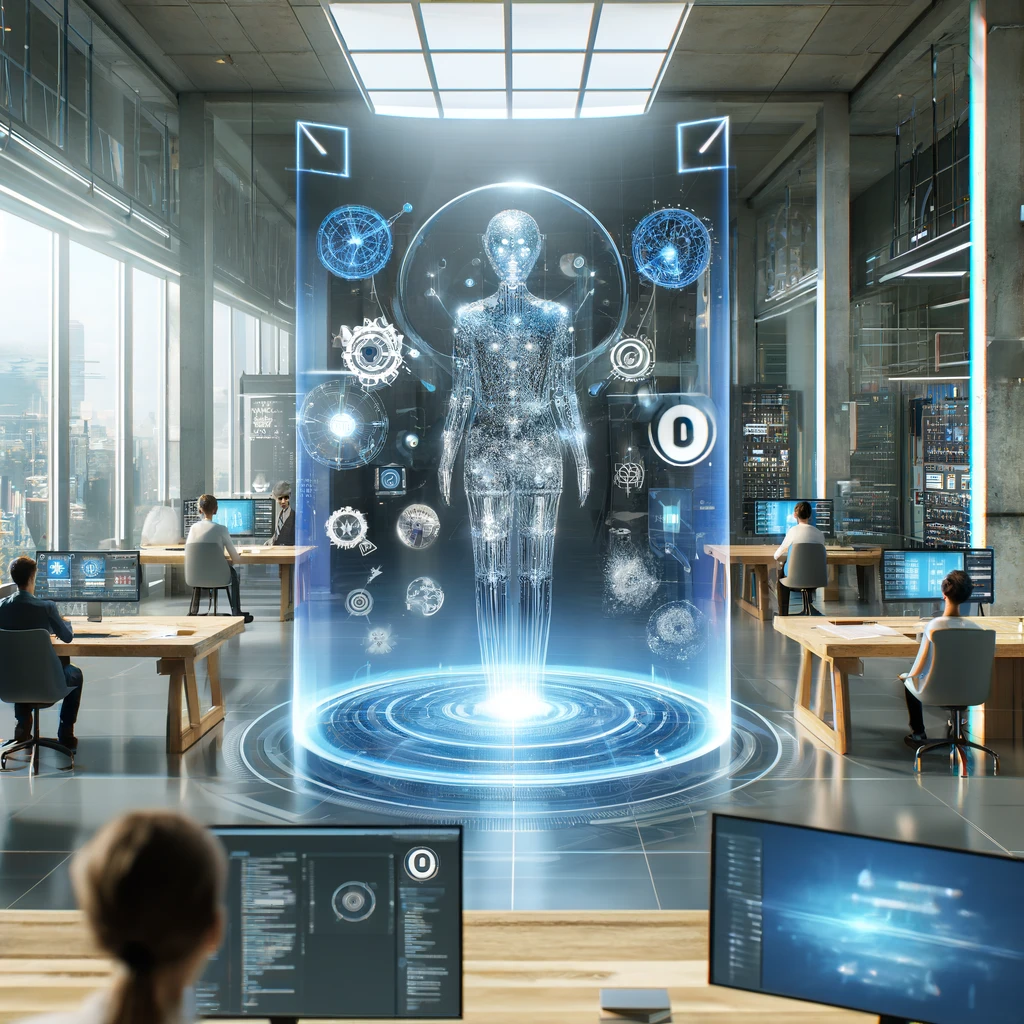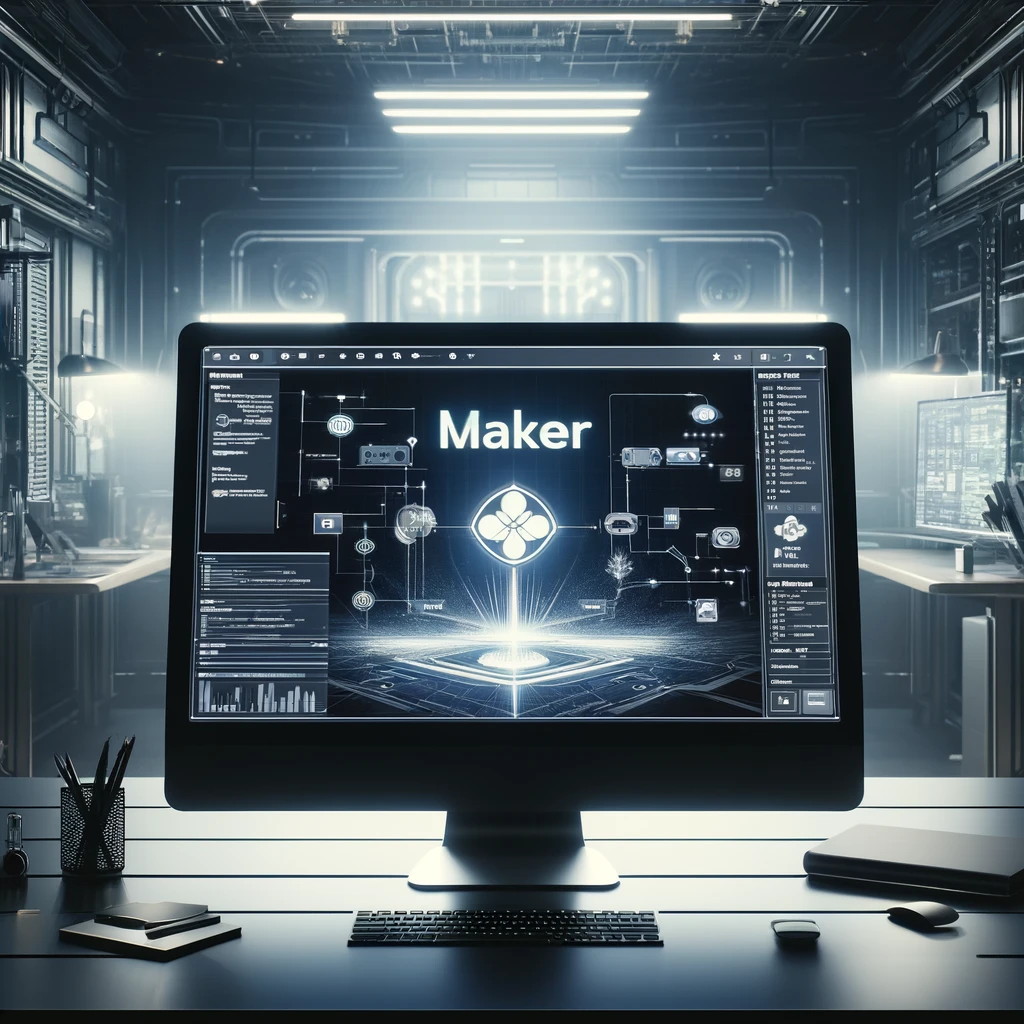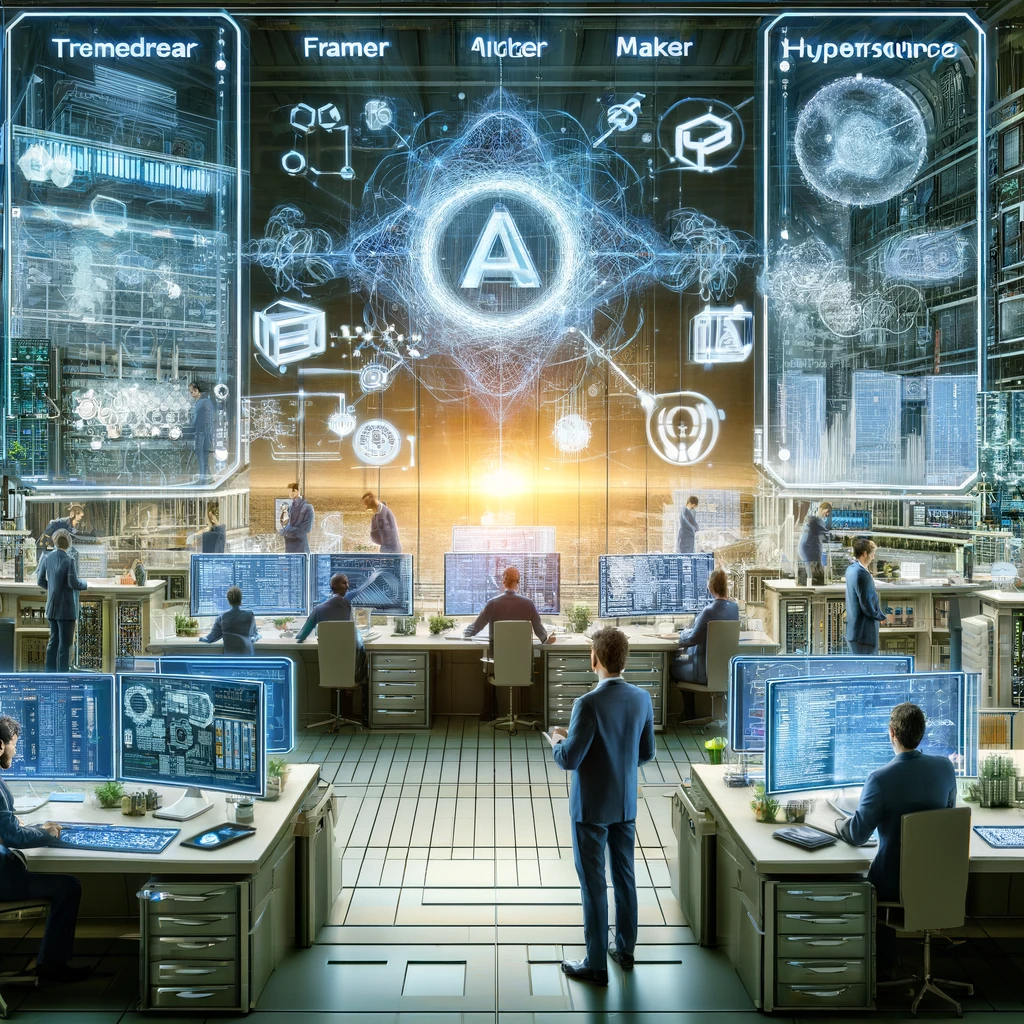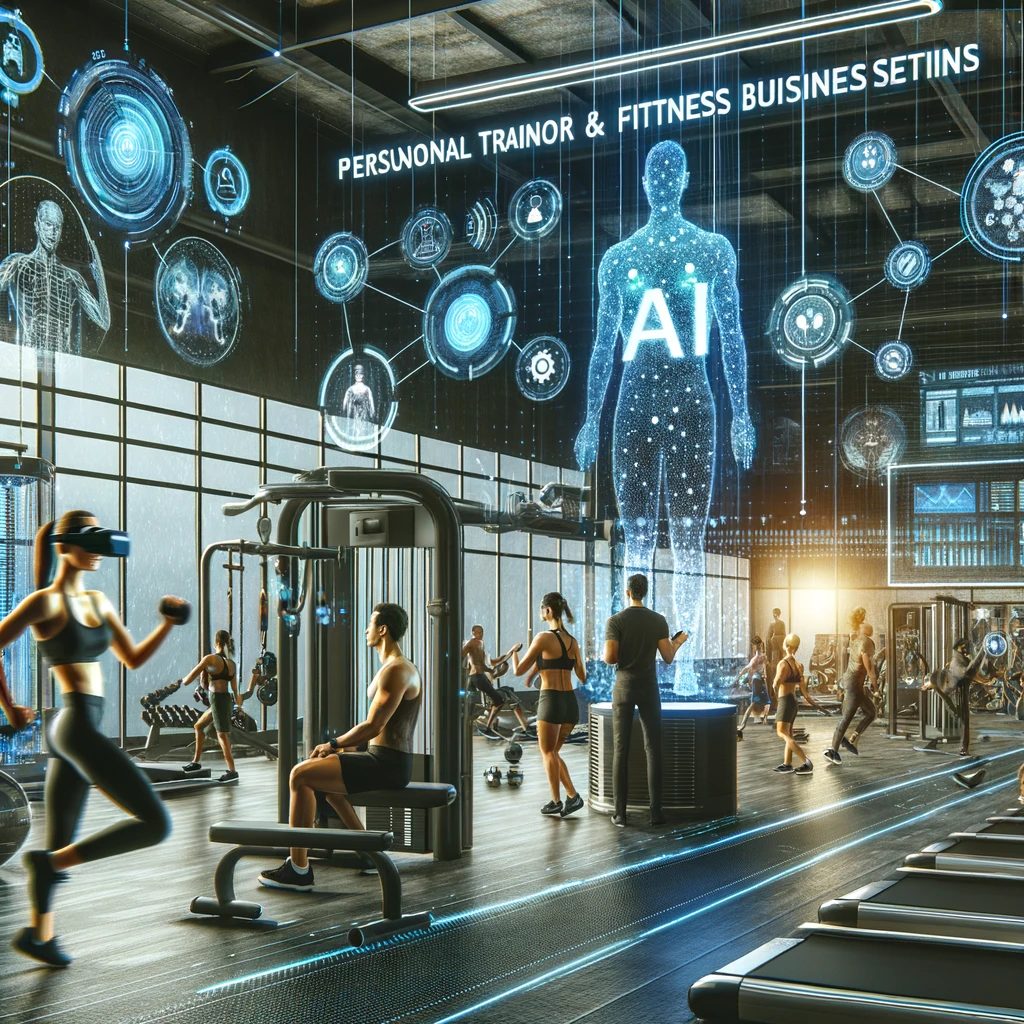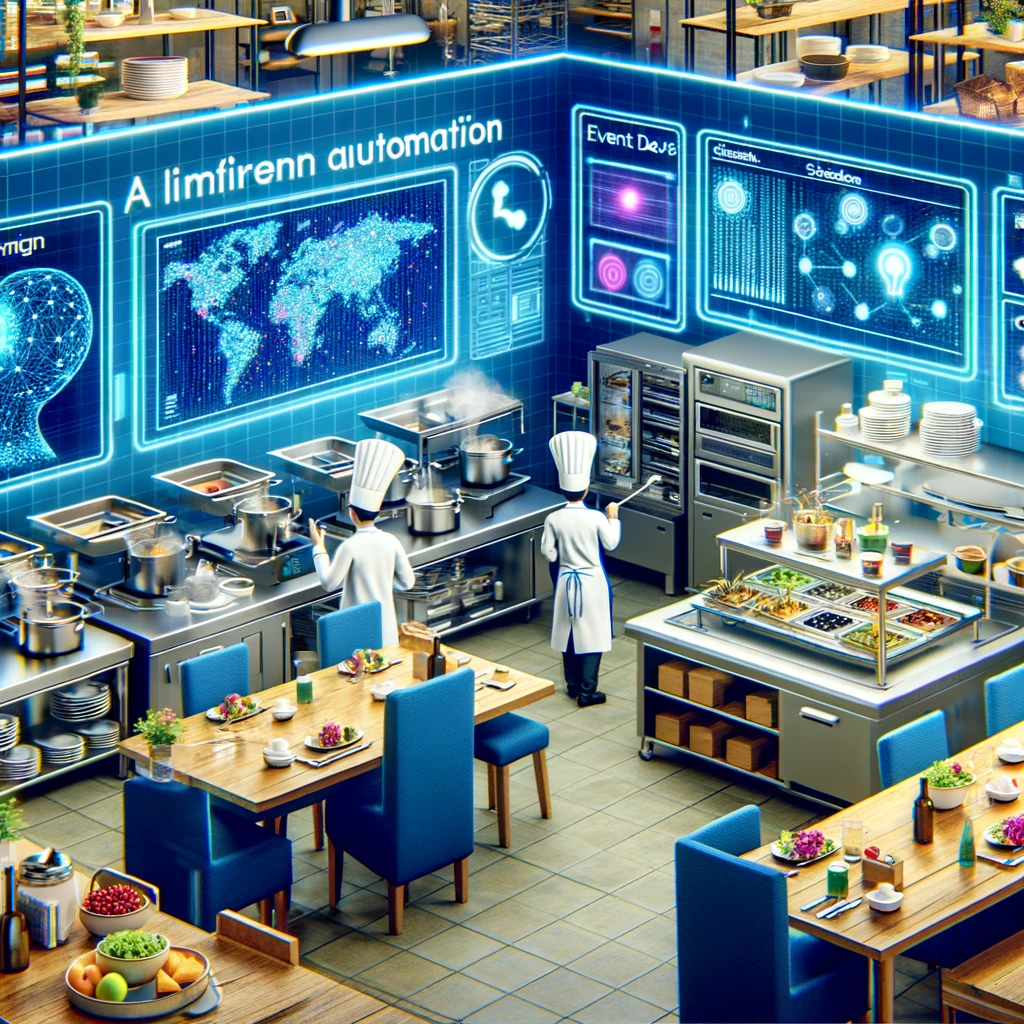As we move deeper into 2024, the landscape of technology continues to be profoundly reshaped by advancements in Artificial Intelligence (AI) and Machine Learning (ML). These technologies are not just enhancing existing processes but are paving the way for new capabilities and transforming industries from healthcare to cybersecurity, manufacturing to digital media.
Generative AI: Fueling Creativity and Efficiency
One of the standout trends this year is the remarkable rise of generative AI. This technology has transcended beyond its initial applications of text and image generation to embrace film production, marketing strategies, and much more. For instance, the AI film festival hosted by Runway highlights how generative AI is creating new forms of artistic expression with a $60,000 prize pot to encourage innovation (MIT Technology Review). Beyond the arts, companies like Synthesia are revolutionizing marketing and training by transforming single performances into versatile digital avatars (MIT Technology Review).
Generative AI’s utility in streamlining content creation and automating complex tasks across business sectors exemplifies its potential to both innovate and enhance productivity. Its application ranges from drafting detailed reports to synthesizing user-friendly interfaces and even developing new products.
Revolutionizing Realities: Computer Vision, AR, and VR
The integration of AI with computer vision, augmented reality (AR), and virtual reality (VR) is set to redefine human interaction with technology. Computer vision, in particular, has shown significant potential in healthcare by enhancing the accuracy of medical diagnostics (DATAVERSITY). In parallel, AR and VR technologies are transforming educational methodologies and entertainment experiences, providing immersive environments that combine digital content with the real world.
This blend of AI and immersive technologies is not only enhancing user engagement but is also improving training simulations in sectors like aviation and manufacturing, where realistic, context-rich scenarios can be crucial for effective learning and operation.
Ethical AI: A Commitment to Responsible Innovation
As AI technologies become more embedded in societal functions, the emphasis on ethical AI has never been more critical. The development of AI systems is increasingly focusing on fairness, transparency, and accountability. This year has seen a concerted effort to address and mitigate biases within AI algorithms, ensuring that AI acts as a force for good, particularly in sensitive sectors such as law and healthcare (Whizlabs).
Organizations are now prioritizing the creation of AI solutions that respect privacy and ensure the integrity of data, with frameworks being put in place to guide the ethical deployment of AI technologies. These frameworks are crucial not only for maintaining public trust but also for complying with international regulations that are starting to shape the global AI landscape.
Looking Forward: AI’s Expanding Role
The continuous evolution of AI and ML promises to keep pushing the boundaries of what’s possible. From enhancing decision-making processes with superior data analysis capabilities to automating routine tasks, AI is poised to become a ubiquitous part of our technological infrastructure. This integration forecasts a future where AI not only supports but leads in the creation of innovative solutions across all facets of life and industry.
As we look to the rest of 2024 and beyond, the journey of AI and ML advancement is bound to be dynamic and influential, crafting a future where technology and human creativity converge in unprecedented ways. The potential for AI to drive significant improvements across multiple domains will undoubtedly make it one of the most crucial areas of development in the technological landscape.
In conclusion, the advancements in AI and ML in 2024 are setting the stage for a revolutionary impact on how we live, work, and interact with our environment. The ongoing development of these technologies is not just a narrative of growth but a testament to the potential of AI and ML to redefine the horizon of technological innovation.
